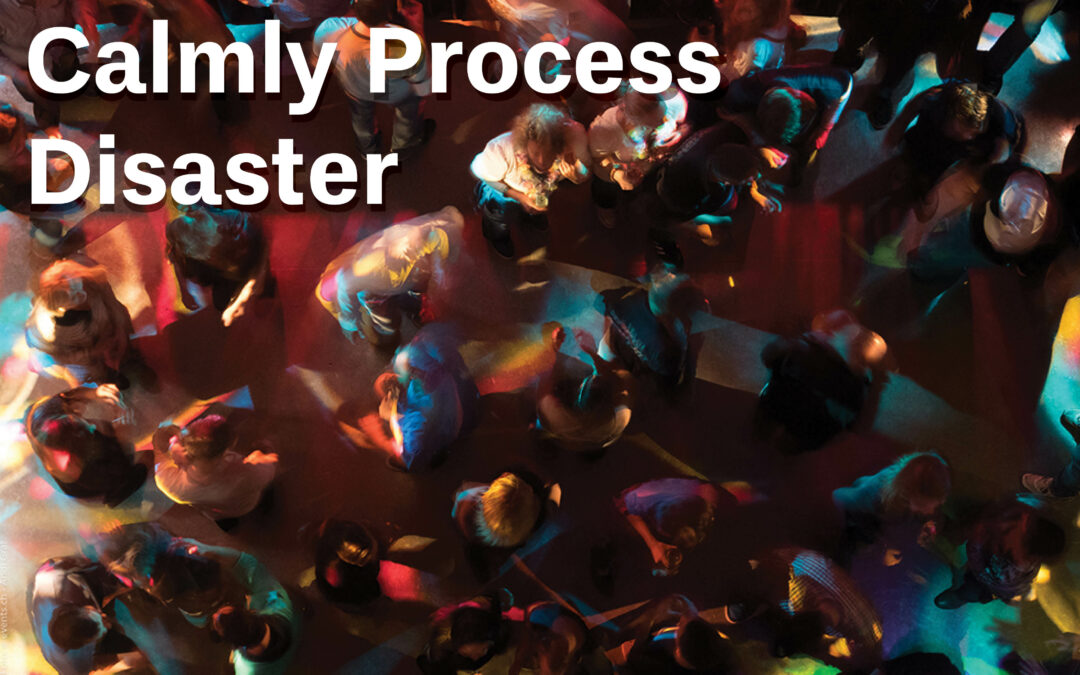Prepared or surprised?
We often hear about emergency preparedness and the common reasons. The classic “what if’s” come to mind… what if there is an earthquake? What if there is a flood? What if there is a fire? Etc. That is not what we are talking about here. When we say being prepared matters, we are thinking deeper than that.
Mental response to disaster and stressful situations:
The human body is great at perceiving danger or stress and reacting to best handle the situation. However, according to Harvard Medical school, this can also lead to an overreaction to day to day situations. “The carefully orchestrated yet near-instantaneous sequence of hormonal changes and physiological responses helps someone to fight the threat off or flee to safety. Unfortunately, the body can also overreact to stressors that are not life-threatening, such as traffic jams, work pressure, and family difficulties” so long as the brain perceives a threat it continues to create this physiological response. “The body thus stays revved up and on high alert.”
This can become a problem in high intensity situations. When you are placed in a stressful but not necessarily physically demanding situation, the fight or flight response can make it difficult to focus and move through a decision-making process methodically and accurately. THIS IS THE KEY POINT! The largest part of being prepared as an individual and/or business, is making the methodical and necessary decisions and building the processes ahead of time! Once you have built out the process and made the hard decisions for different scenarios, your body’s reaction to the stressor can help you execute existing strategies for an efficient and fast reaction.
Making the decision to be prepared:
We have to look at this as an insurance policy. We invest in emergency planning and preparedness while it is unnecessary so that when it becomes necessary, the work is already done. The big decisions are made, and we can move forward without taking any large losses.
The hardest part of emergency planning is choosing to do it. Make the decision now to be prepared should disaster strike. This could be anything from your businesses phone lines going down due to unscheduled maintenance, to an earthquake that brings down half of your building. Whatever the situation is, it will be far easier to handle if you have already created and practiced a plan to help you deal with the situation.
The real question is, would you rather spend a small, set amount of money each month? Or one much larger amount at an unforeseeable time when you are unprepared for the expense? This should be an easy one. You can budget for insurance, but when it comes to a disaster, we never know what will happen, when, or what it will cost? It may even have repercussions outside of money that can bring us down.
